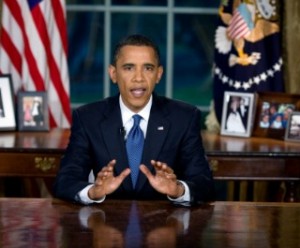JERUSALEM — Uneasiness inhabits Israel, a shadow beneath the polished surface. In a violent Middle Eastern
neighborhood of fracturing states, that is perhaps inevitable, but Israelis are questioning their nation and its
future with a particular insistence. As the campaign for March elections begins, this disquiet looks like the
precursor of political change. The status quo, with its bloody and inconclusive interludes, has become less
bearable. More of the same has a name: Benjamin Netanyahu, now in his third term as prime minister. The
alternative, although less clear, is no longer unthinkable.
“There is a growing uneasiness, social, political, economic,” Amos Oz, the novelist, told me in an interview.
“There is a growing sense that Israel is becoming an isolated ghetto, which is exactly what the founding fathers
and mothers hoped to leave behind them forever when they created the state of Israel.” The author, widely viewed as
the conscience of a liberal and anti-Messianic Israel, continued, “Unless there are two states — Israel next door
to Palestine — and soon, there will be one state. If there will be one state, it will be an Arab state. The other
option is an Israeli dictatorship, probably a religious nationalist dictatorship, suppressing the Palestinians and
suppressing its Jewish opponents.”
Continue
Reading
 Q: Mr. President, thank you so much for having us at the White House.
Q: Mr. President, thank you so much for having us at the White House.
